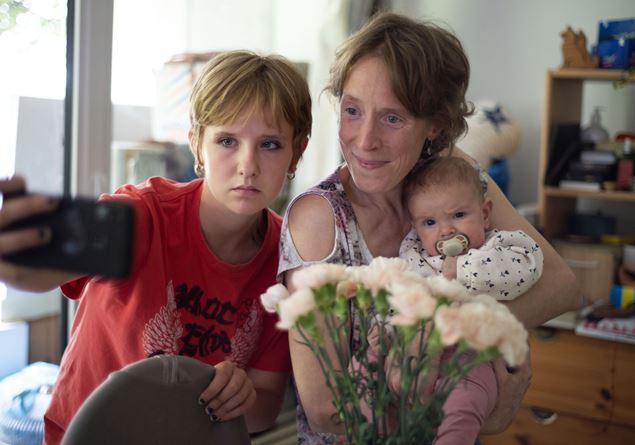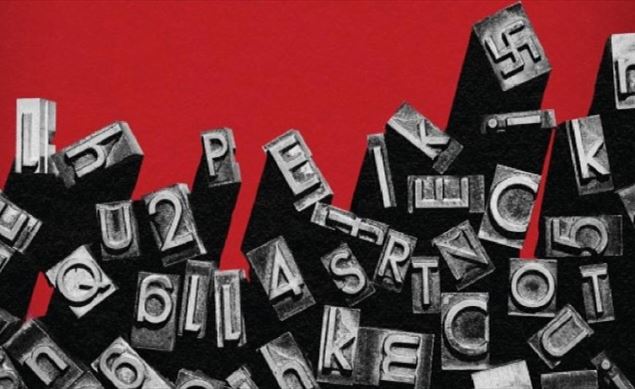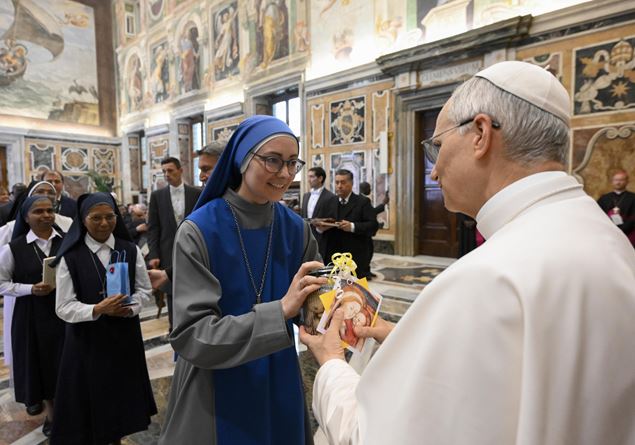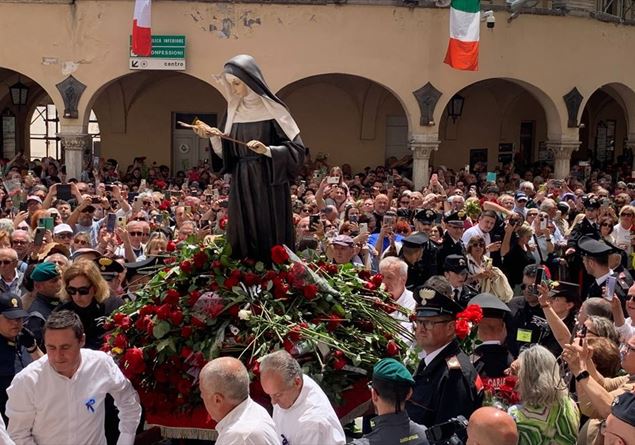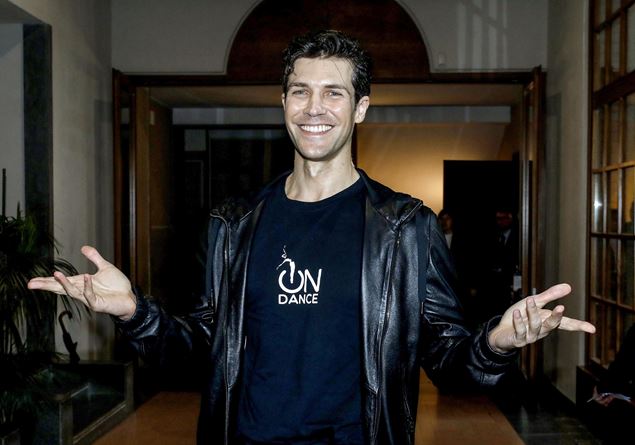I have a crystalline memory of Marco Musazzi at the time of the Catholic University, a kind student armed with pipe, such as the young Giorgio Bassani in Giardino dei Finzi Contini (Who knows if he still smokes). While we walked between obliged readings and discoveries of novels, such as The name of the squadhe had already devoured them, citing them naturally while we were sitting at the canteen in via Nirone, as if it were old friends (including the then half -unknown Tolkien of Lord of the rings). Forty years later I discover one of his small masterpieces that I highly recommend and of which I apologize for the late review. It is de The Vichy prinTona work that digs into the heart of history through the discharged, intimate and merciless gaze of an ordinary man, Constantin Millon. Vichy typographer occupied, devoted husband, tender father, French without ambitions or heroisms. An imaginary character, of course, but more true of the truth: created by Musazzi starting from the discovery – as stated by the incipit of the book – of three manuscripts forgotten in a double bottom, as a buried consciousness.
This literary stratagem (to Française Suite by Irène Némirovsky, but could be traced back to the Manzonian manuscript) is not a habit, but the founding act of a narrative that demands authenticity. And he gets it: Constantin’s voice is painful, uncertain, clumsy and honest. Page after page, you find ourselves following its slow fall into the moral abyss of a nation that has lost herself. In the background, in fact, there is Pétain’s collaborative France: a country-country who can barter its soul for an illusion of order. In the foreground, the banality of evil that insinuates itself into the bistrot speeches, in the homilies that speak of “cleaning”, in the voices of the neighborhood that nod. It is here that Musazzi excels: in returning the transformation of the persecution into daily gesture, repeated and accepted. The reader assists the complicity of those who print anti -Semitic propaganda posters and take refuge in the mantra “is only my work”. Someone must also do it. Which has always been the reasoning of the executioner, said Sciascia.
The great merit of the book is precisely this: it does not judge, it does not proclaim. He puts us in front of the embarrassment of recognizing that horror was not only the work of the executioners, but also of those who chose the silence for quiet living. Musazzi does not fulfill, but understands. Don’t shout, but suggest. And he forces us to ask us Dostojevskianly: what would we have done? Writing is simple, sparse, but wise: the diaristic tone never gives in to the pathetic. Sobrious language makes the treated incandescent matter even more incisive. And the narrative construction – made of minimal scenes, broken dialogues, inner observations – gives the book a subdued but inexorable rhythm. The Vichy prinTon It is a reading that leaves its mark, an example of high civil literature, never rhetorical, capable of speaking to the present without raising the voice. A profound reflection on conformism, individual responsibility, human dignity.
Musazzi writes with measure, without smudging or rhetoric (whether it is the inexorable influence of Continithe anthology of medieval literature that we students of the course of Italian 1 held by the great Petrarchist Billanovich we had to learn by heart?). The language is sober, the almost documentary style, yet full of retained emotion. There is no judgment, there is observation. There is no acquittal, there is memory. The Vichy prinTon It is a civil novel, a fresco of a dark time, but also a powerful warning: evil does not need executioners, the silence of the honest is enough. In the end, Constantin closes his diary wondering if silence can also get his hands dirty. And it is there, on that last page that smells of ink and remorse, that the reader realizes that he has something rare in his hands: a novel that talks about the past to wonder about the present. And who leaves, between the lines, an uncomfortable and urgent question: if everything started again today, what part would we choose?

